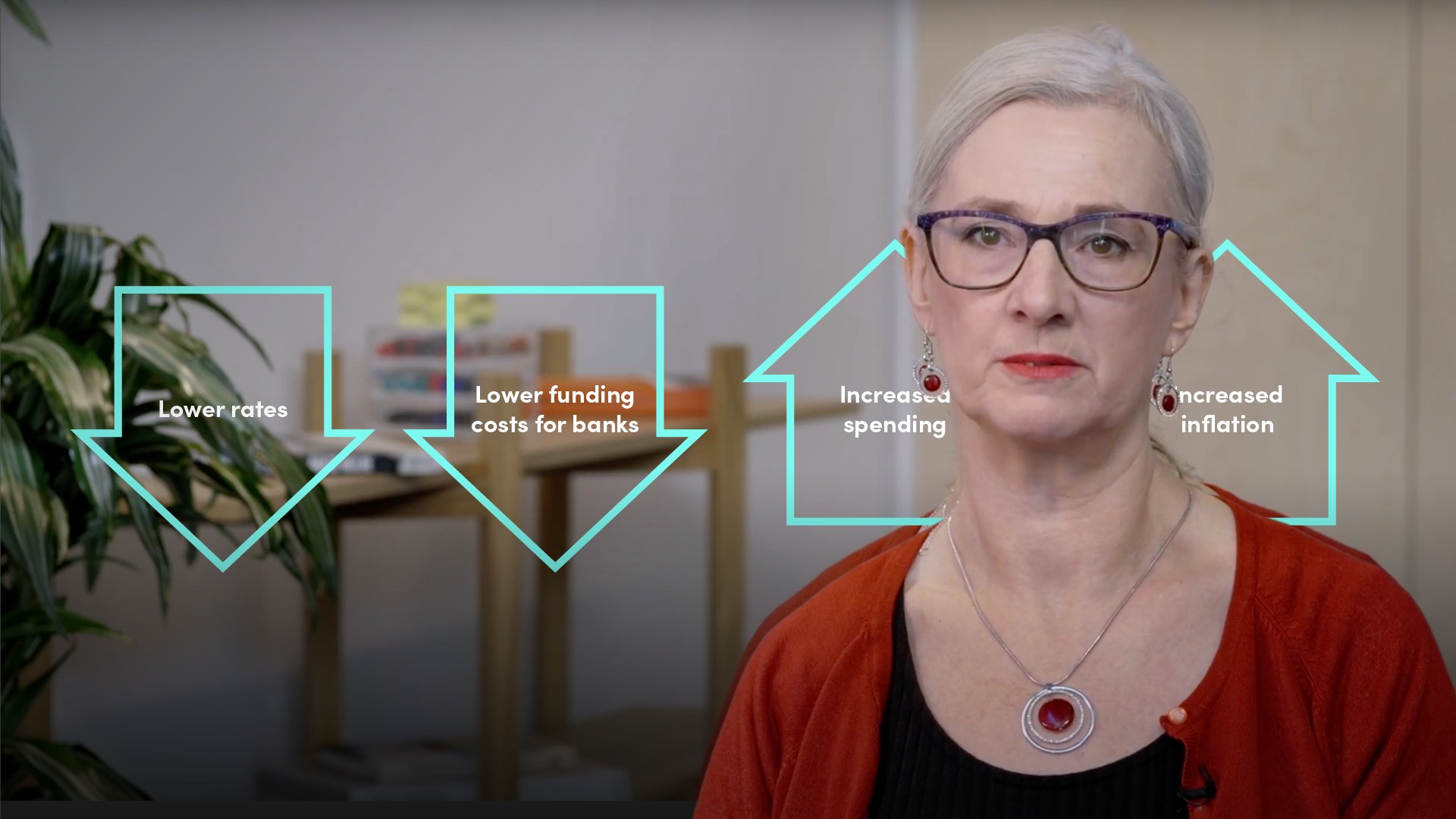
Great Moderation
The Great Moderation is the name of the phenomenon given to the declining volatility of output growth and inflation in OECD economies. The incidence of lower inflation volatility tends to be attributed to monetary policies enacted from the early 1980s that set nominal inflation anchors, which tempered expectations. On lower volatility of output, the ECB says the consensus supports the so-called good-luck hypothesis i.e. that it should be attributed to exogenous causes i.e. the decline in the volatility of shocks.




























